If you’re a pickle fan, don’t send the leftover brine down the drain. Experts and research say that pickle juice can have some significant health benefits, from cramp relief to great gut health.
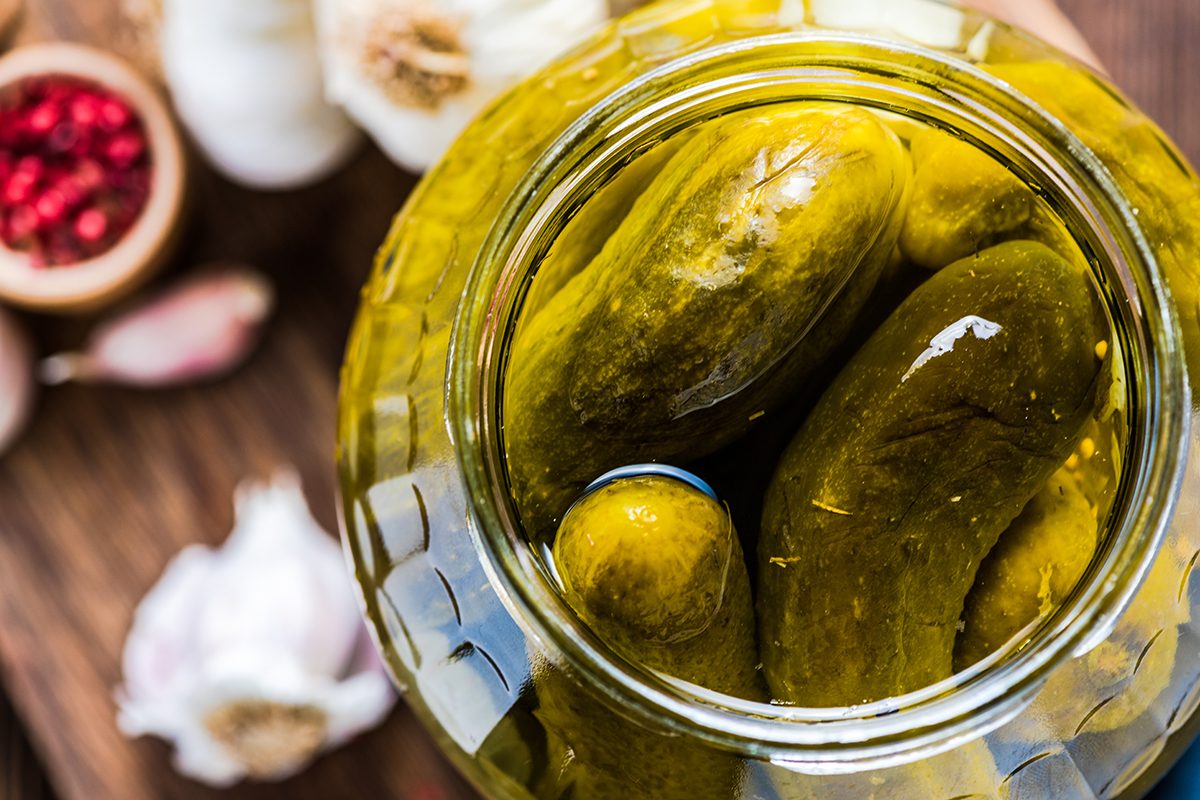
8 Health Reasons You Need to Be Drinking Pickle Juice

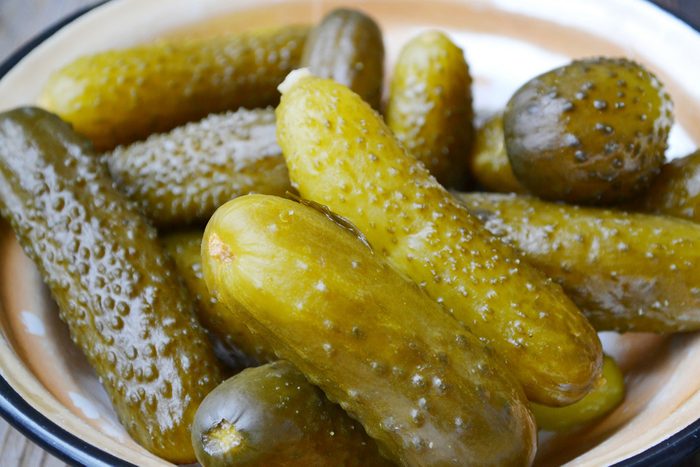
When it comes to performance-enhancing substances, pickle juice might not be the first thing that comes to mind. But athletes have been drinking pickle juice for decades to gain a leg up on their competitors—and experts say this pickled brine could have various other health benefits for the rest of us, too.
Pickle juice has a long history, but it gained serious attention in 2000 when the Philadelphia Eagles unexpectedly defeated the Dallas Cowboys during the hottest game (the temperature was around 109 degrees) to date in NFL history. The team’s trainer credited the win to having his players drink pickle juice—and the upset aptly became known as “The Pickle Juice Game.”
But it wasn’t until 2010 that researchers from Brigham Young University (BYU) found scientific evidence behind the fad. The study, published in Medicine & Science in Sports & Exercise, concluded that pickle juice can help prevent muscle cramps.
In the years since, researchers have continued to explore the potential benefits of pickle juice. We asked nutrition experts to explain current scientific evidence and why you might want to start sipping on this briny beverage.
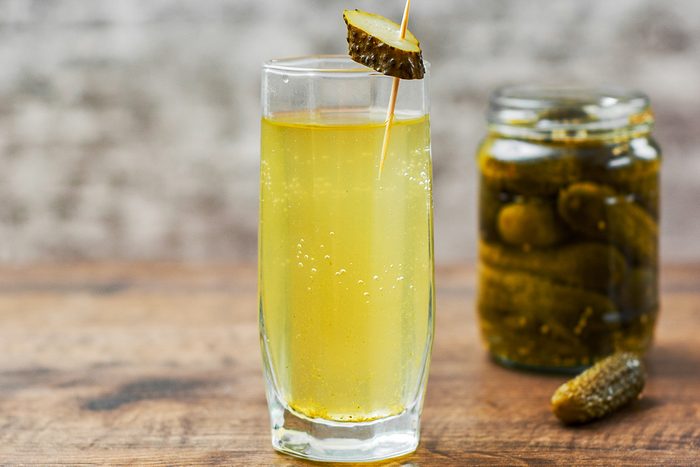
What is pickle juice?
Pickle juice is the liquid leftover from the pickling process (which turns cucumbers into pickles). You can make pickle juice at home or buy it in the condiments section of a store, but pickle juice is also sold as a sports or health and wellness drink.
Pickle juice is generally produced in one of two ways: fermented or vinegar-based.
Fermented pickle juice
This style of pickle juice relies on a natural fermentation process, submerging cucumbers in a salt-water brine and allowing bacteria to ferment the sugars in the cucumber. This creates an acidic byproduct that acts as a preservative. It also introduces beneficial probiotics to the brine.
The fermentation process creates a complex taste in the pickle juice, often a blend of flavors like tangy, umami, and sour. Because of the live bacteria in the brine, fermented pickle juice must be refrigerated.
Vinegar-based pickle juice
Using vinegar to preserve pickles is generally a faster process. It also allows for a longer shelf-life at room temperature, and the vinegar gives the juice a sharp, tangy flavor. Notably, vinegar-based pickle juice does not contain probiotics—but it does still have potential health benefits.
Still, depending on what taste you’re going for, a product (or homemade pickles) can contain other ingredients, like sugar, herbs, and spices. If you want to learn more, our sister site, Taste of Home, breaks down the science and steps behind pickling.
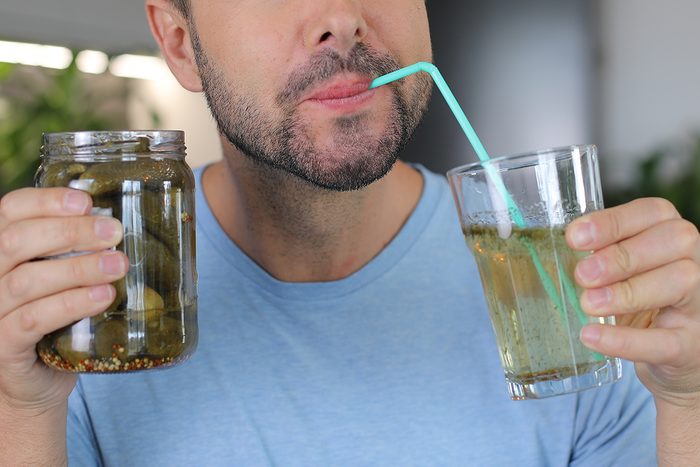
Is pickle juice good for you?
“I love pickle juice,” says Kim Shapira, MS, RD, a registered dietician, functional nutritional therapist, and author of This is What You’re Really Hungry For. “It’s packed with sodium, potassium, and magnesium, making it great for rehydrating.”
Pickle juice also contains vitamins C and E, which can aid in a healthy immune system, says Julia Zumpano, RD, LD, a registered dietitian with the Cleveland Clinic Center for Human Nutrition. “Depending on how it’s made, it can also contain probiotics.”
Beyond these vitamins and minerals, the nutritional content of pickle juice will vary depending on the pickling process, whether that’s at home or by a manufacturer. Basic pickle juice—using just vinegar or a fermentation salt-water brine—will have next to no calories, fat, carbohydrates, or protein. However, if ingredients like sugar are added to the mix, this will increase the amount of calories and carbohydrates in a serving (but not significantly so).
Zumpano warns that pickle juice is high in sodium, however. While this can be great for relieving muscle cramps and replenishing electrolytes after a tough workout, sodium in excess can lead to high blood pressure and kidney problems, she explains.
“Values vary with the brand and amount of sodium added,” but a third cup of pickle juice contains about 275 milligrams (mg) of sodium, she says. “It’s recommended to keep your daily sodium intake under 2,4000 mg per day.”
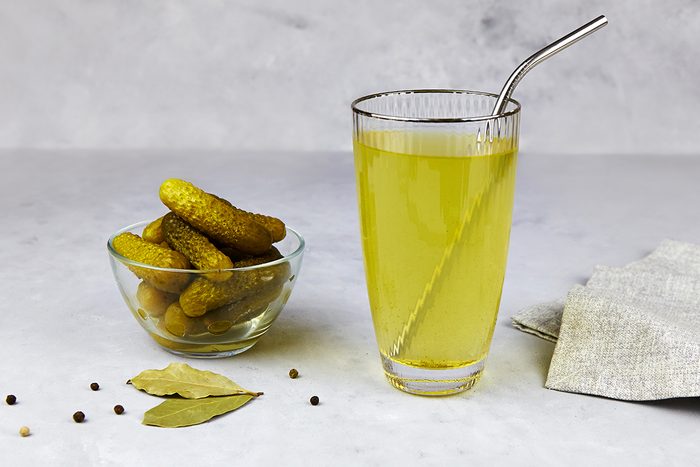
Pickle juice benefits
From immune system support to rehydrating in the summer heat, pickle juice can be a low-cost health booster that’s also easily accessible. “Half to a third cup of pickle juice is all you need, after a workout, before a meal, or any time of the day, depending on why you are taking it,” Zumpano says.
But if you’re turned off by the idea of tossing back pickle juice, Shapira ensures that a little bit goes a long way. “[Even] the juice in a single pickle is really enough,” she says.

1. It can ease muscle cramps
Researchers have continued to investigate how pickle juice soothes muscle cramping since BYU’s 2010 study, such as 2022 research published in Applied Research in Coaching and Athletics Annual confirming that pickle juice has been shown to reduce muscle cramp duration and intensity compared to drinking water.
“Athletes will report that pickle juice has helped alleviate their muscle cramps from physical activity,” says Brett Singer, MS, RD, CSSD, LD, a sports dietician at Memorial Hermann Rockets Sports Medicine Institute. “[The cramp relief effect] seems to be less related to the electrolyte or salt content of pickle juice and more related to the acetic acid.”
An analysis published in 2020 in the Journal of Strength & Conditioning Research explains that acetic acid in pickle juice is thought to decrease activity of neurons that control muscle contraction—essentially allowing muscles to relax instead of tightening up.
However, Singer says to keep in mind that exercise-associated muscle cramps can be related to a number of factors, including fatigue, poor training status, over-exertion, illness, poor sleep, excess caffeine, hydration status, poor carbohydrate intake, and more. “If individuals are experiencing cramping and have addressed other factors, pickle juice may be worth considering.”
Pickle juice is effective in relieving some non-exercise-related cramps as well. For example, 2023 research published in the Journal of General Internal Medicine found that pickle juice helped alleviate cramps in people with cirrhosis (cramps are a common symptom).
There’s no evidence pickle juice can help with period cramps, unfortunately. “The acetic acid that helps relieve muscle cramps might not have the same effect on the smooth muscle of the uterus,” Shapira says.
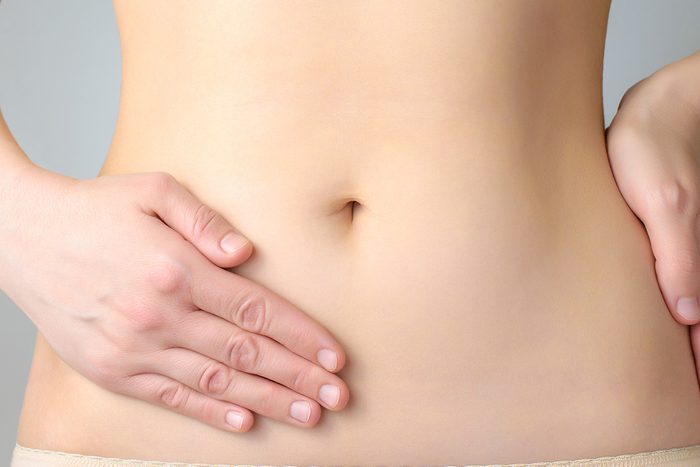
2. It can improve your gut health
Pickle juice that’s naturally fermented is loaded with probiotics, which promote and support healthy digestion, Shapira says. Probiotics are “good” bacteria that help the body digest food, absorb vitamins and nutrients, and support immune system function.
A 2022 review of research published in Frontiers in Microbiology emphasizes just how important probiotics are to your health. It shows that an imbalance of good bacteria in your gut is linked to a range of diseases, including anxiety, depression, heart disease, obesity, diabetes, inflammatory bowel disease, and cancer.
But if you’re drinking pickle juice made with vinegar, you will not get the probiotics you expect, Shapira says. You want to look for pickles in the refrigerated section and keep an eye out for keywords on the label like:
- Live cultures
- Probiotic
- Fermented
- Unpasteurized
That said, vinegar-based pickle juice can have gut health benefits. If you have low stomach acid, which can make it difficult to digest food and lead to indigestion, bloating, and gas, “having a small amount of the [vinegar-based] juice can stimulate stomach acid, and this will help break down food, improving digestion and gut health,” Shapira explains.

3. It’s an easy way to rehydrate
Zumpano says that pickle juice contains electrolytes, including sodium, potassium, and magnesium, which makes it a good option to rehydrate after a workout or a day out in the heat. When you lose water through sweat, you lose electrolytes, too—and drinking water alone isn’t always enough to rehydrate. That’s because electrolytes help ensure your body absorbs water everywhere it’s needed, down to the cellular level.
What’s more, the electrolyte content in pickle juice is greater than what you get from typical sports drinks—and without the high-calorie count, according to the Cleveland Clinic.
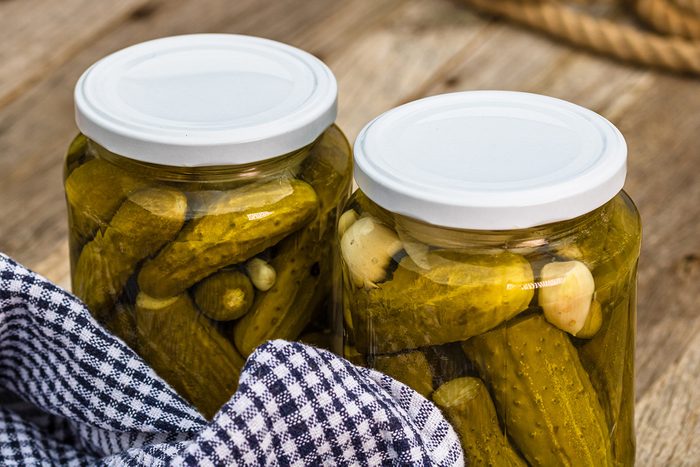
4. It may help you kick a hangover
There’s no cure for a hangover, but a small amount of pickle juice can replenish the electrolytes lost when drinking alcohol. Alcohol works to increase urine production, suppress the body’s ability to retain water, and can cause dehydration—all of which deplete your electrolytes.
Both dehydration and electrolyte imbalances can contribute to hangover symptoms, like headaches and fatigue, and a small amount of pickle juice may help restore balance, Shapira says.
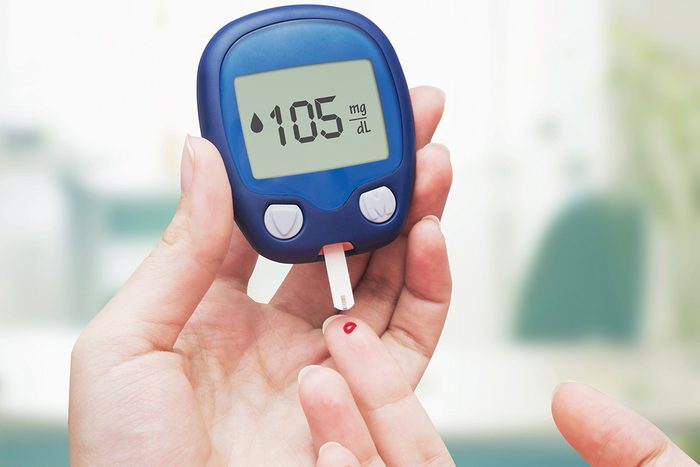
5. It promotes healthy blood sugar
Pickle juice that’s been made with vinegar has been shown to aid in controlling blood sugars, preventing spikes and dips, Zumpano says. However, this benefit isn’t limited to pickle juice—but any vinegar or vinegar-based product, like apple cider vinegar or salad dressings.
Research published in Frontiers in Clinical Diabetes and Healthcare in 2023 found that daily vinegar consumption may have beneficial effects in controlling blood sugar levels. More research is needed to understand why, but the researchers suggest a few possible effects at play:
- Vinegar suppresses enzymes called disaccharidases, and this slows digestion and sugar (carbohydrate) absorption, helping to stabilize blood sugar.
- Vinegar reduces the rate of gastric emptying—how long your stomach takes to empty out food—and this slows the release of sugars into the bloodstream.
- Vinegar could increase the amount of sugar absorbed into the liver and muscles, meaning less goes into your bloodstream, contributing to spikes and dips.

6. It may help reduce heartburn
“Pickle juice can help balance the pH [levels] in your stomach,” Shapira says. Low stomach acid can be caused by aging, chronic stress, nutrient deficiencies, smoking, alcohol use, a high sugar intake, certain medications, and more—and it makes your body overproduce stomach acid to digest food. This can lead to heartburn and indigestion.
“A small amount of pickle juice before you eat can help improve digestion and reduce discomfort,” Shapira says.
However, if your heartburn is a result of too much stomach acid, pickle juice can worsen your symptoms, she explains. “Salty foods are linked to a lower esophageal sphincter, which unfortunately allows stomach acid to creep into the esophagus. I would recommend avoiding pickle juice if you are experiencing indigestion.”
High stomach acid is usually caused by an underlying medical condition or certain medications, but stress can contribute to it as well.
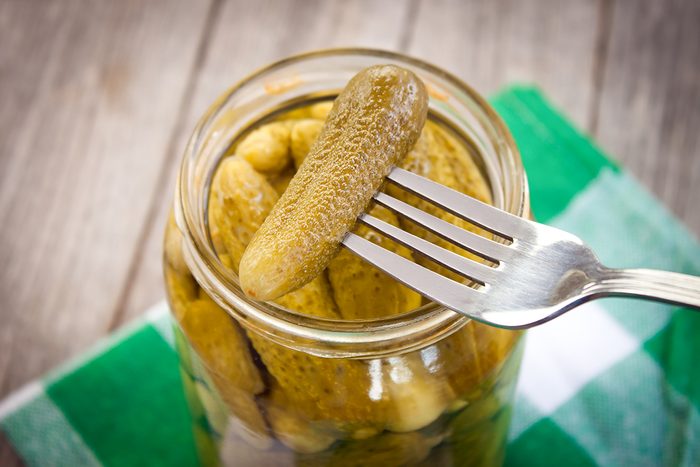
7. It provides immune system support
Pickle juice contains antioxidants, which can protect your cells from damage, Zumpano says. These antioxidants, like vitamins C and E, also fight off inflammation, Shapira adds.
Chronic inflammation in the body isn’t necessarily something you can “feel” happening, but it’s linked to the development of a wide range of conditions, including heart disease, autoimmune disease, gastrointestinal diseases, lung diseases, diabetes, mental health conditions, and more, according to the Cleveland Clinic.
The Stanford Center on Longevity adds that pickles made through fermentation produce a natural substance called alkyl catechols. These work to boost the immune system defenses against diseases linked to cell damage and inflammation—and may actually enhance the activity of cells that protect our body from cancer and cognitive decline.
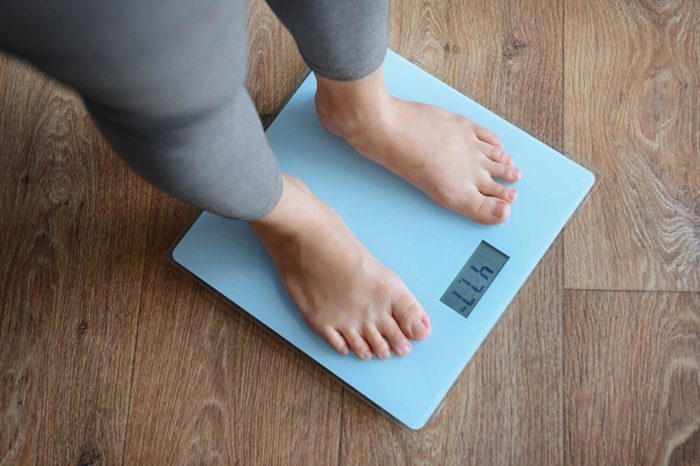
8. It may aid in weight loss
There isn’t a direct link between pickle juice and weight loss, but it may help reduce your appetite, according to the Cleveland Clinic. This is due to how pickle juice may help stabilize your blood sugar to a nice, consistent level. When your blood sugar spikes and dips throughout the day, you’re more likely to feel hungry more often.
However, Shapira notes that thanks to its rehydration benefit, pickle juice may cause you to retain water. “If you are using a scale, then pickle juice will mask your true weight,” she explains. “Every pound on the scale is made up of water, fat, and muscle—adding sodium [through pickle juice] will add more water to your body.”
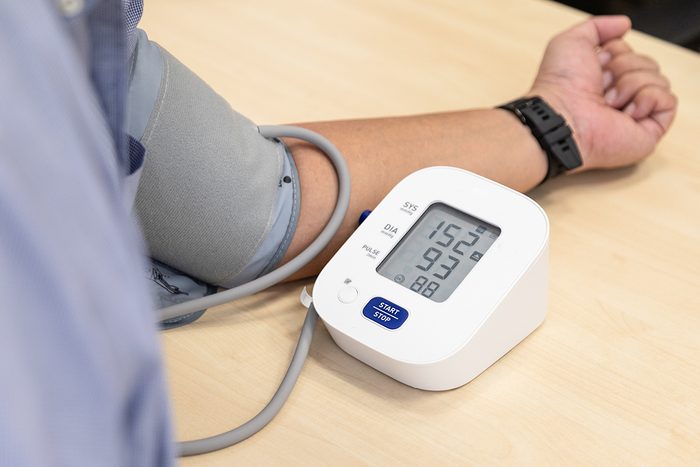
Potential side effects of drinking pickle juice
The biggest disadvantage of pickle juice is its high sodium content, the experts say. If you have high blood pressure, kidney problems, or are cutting back on sodium in your diet in general, Zumpano advises asking your doctor before adding pickle juice into your diet.
Zumpano and Shapira say consuming too much sodium can lead to:
- High blood pressure
- Kidney problems
- An imbalance in electrolytes
- Dehydration
- Excess water retention and bloating
Because it’s acidic, pickle juice can wear down your tooth enamel over time as well, leading to sensitivities and risk of dental caries (cavities), Shapira adds. And as she explained above, if you have problems with indigestion due to high stomach acid, drinking pickle juice can worsen your symptoms.
For daily wellness updates, subscribe to The Healthy by Reader’s Digest newsletter and follow The Healthy on Facebook and Instagram. Keep reading:



















